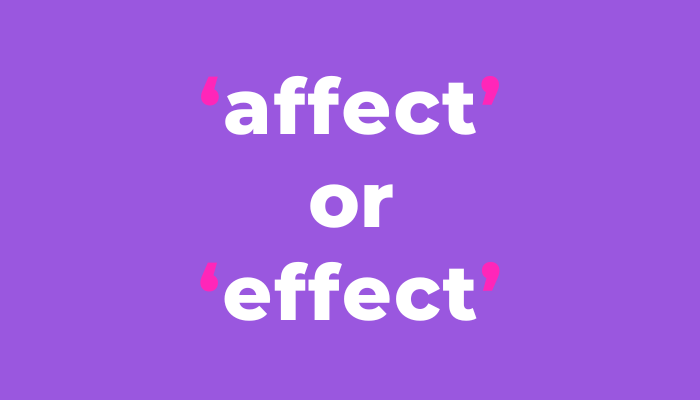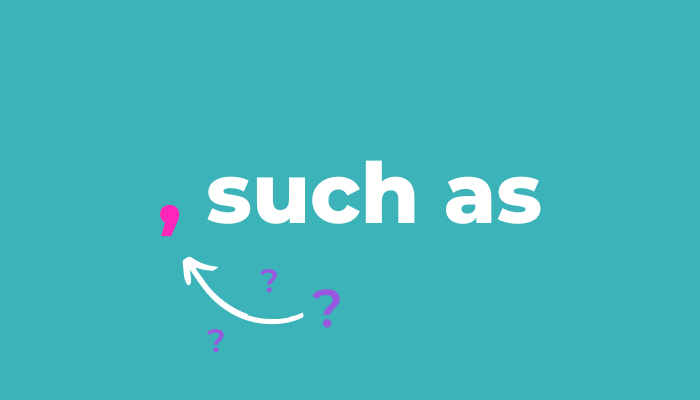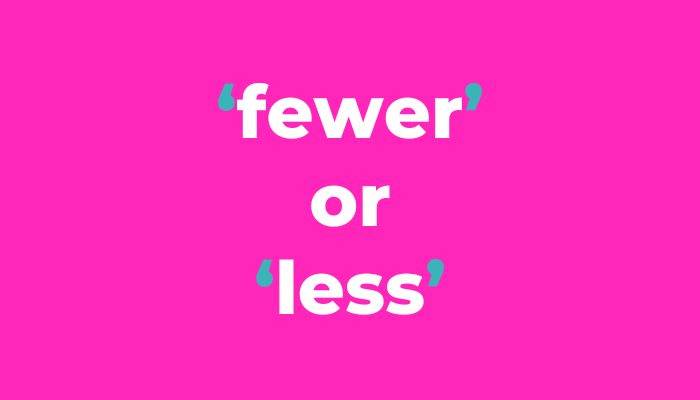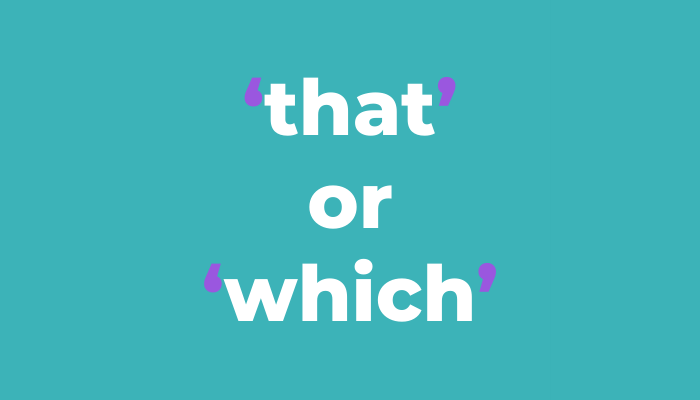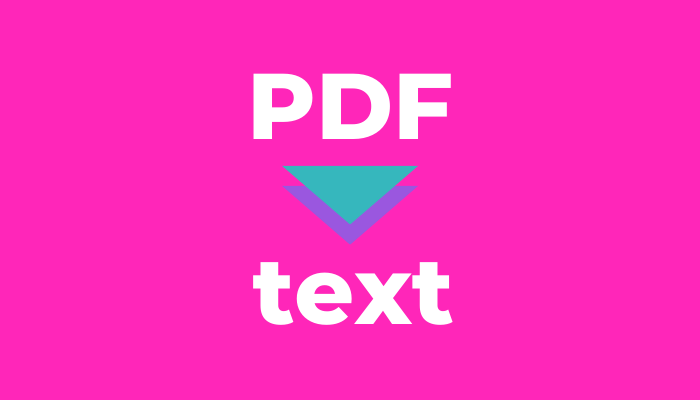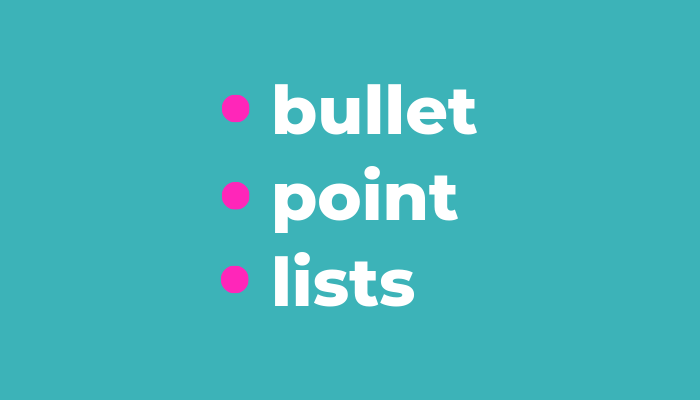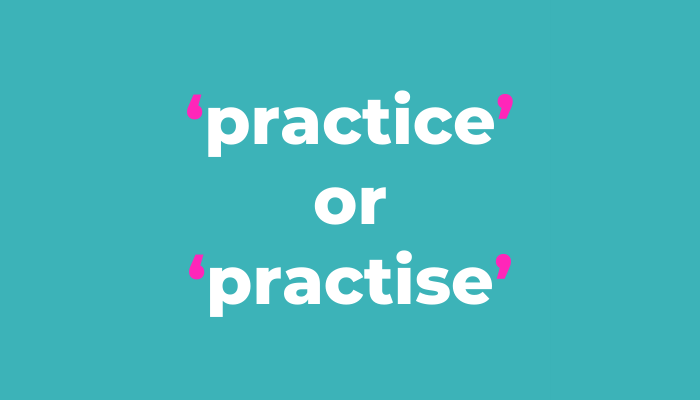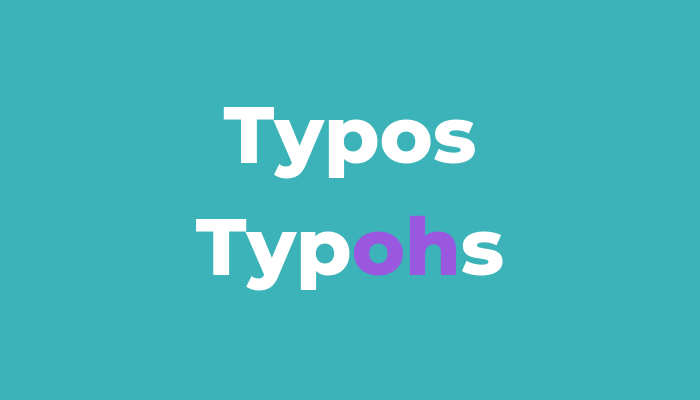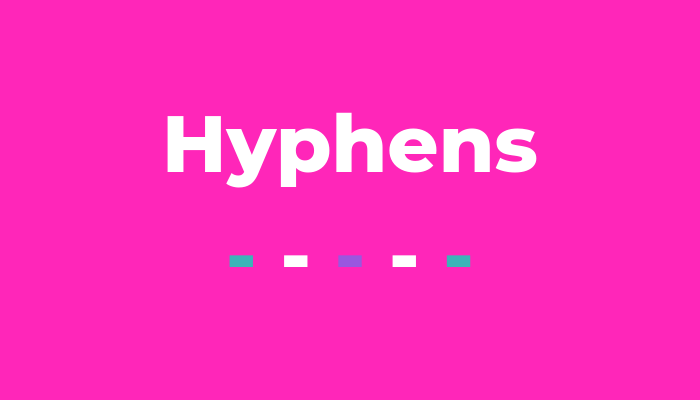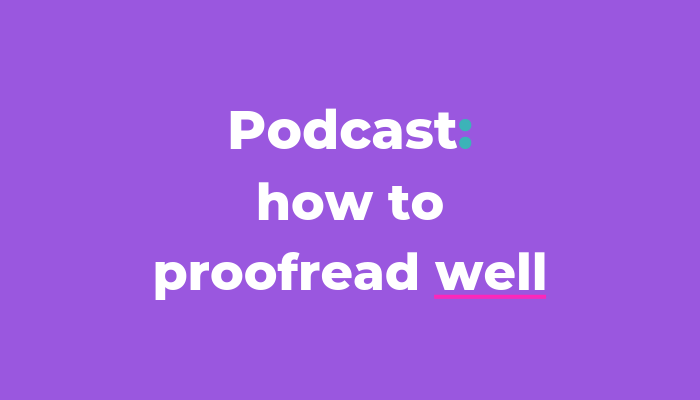When to use a comma before ‘such as’
Commas can be such confusers at times. Especially when you need to know whether to use a comma before the phrase such as.
When you whip out or wang in a comma, the meaning of your sentence – and any overly specific pop culture references – can change. You may not notice the change because you ‘know’ what you mean. Or if you’re working on someone else’s content, it may not be obvious that they had a different intention in mind that needs to be clarified by a comma.
Want to be sure the content you’re working on conveys the right meaning? It’s all about what you can and can’t cut out.
I’ll be using such as examples here, but it’s the same for like, including, as well as, for instance and for example.
No comma needed
When such as introduces essential information.
This is about restrictive clauses. They offer essential identifying information that can’t be removed without altering its meaning.
Try this sentence out:
MAKES SENSE: Bernadette is a bit too into boybands such as One Direction and Five at the moment.
NOT RIGHT: Bernadette is a little bit too into boybands at the moment.
If we snip out the such as information, it now means she’s a bit too into boybands generally. It’s a perfectly good sentence but it’s not actually true – she does not feel the same about Westlife – so it’s not the message we want to share.
This no-comma clause is restricted to the essential information to identify those specific boybands. (Our Bernie is equally enamoured by the Girls Aloud back catalogue and that Up track by the Saturdays – quite the banger for washing the pots.)
Now see the difference between the meaning in these:
MAKES SENSE: Artists such as Harry Styles and Cheryl Cole (née Tweedy) have achieved successful solo careers.
NOT RIGHT: Artists have achieved successful solo careers.
The first sentence above means Hazza and our previously Liam-loving Cheryl have done alright for themselves away from their band.
But if we cut out the such as detail? It doesn’t work. (A bit like the solo success of Nicola Roberts. An absolute shame, really.) You can’t remove the information from the sentence because it’s restricted/essential.
The gist: essential = restrictive = no comma
How I remember it: if there’s no COmma it means no Cutting Out
A comma is needed
When such as introduces non-essential examples.
Here we need to consider non-restrictive clauses as they offer non-essential examples. The extra information that’s offset by commas is just a bonus that can be chopped out without impacting the meaning of the sentence.
Give this sentence a whirl:
MAKES SENSE: Gertie isn’t a fan of dating apps, such as Tinder and Her, because she can’t get past the Snapchat-filtered photos, some Graham’s profile that shows up even though it’s set to non-Graham types, and the couples after a threeway.
STILL MAKES SENSE: Gertie isn’t a fan of dating apps because she can’t get past the Snapchat-filtered photos, some Graham’s profile that shows up even though it’s set to non-Graham types, and the couples after a threeway.
These non-essential details need the commas either side to keep the extra information packaged up. We could easily ditch it. (Like the apps. Gertie’s all about blind dates now anyway.) It’s a gentler level of adding more detail before we bring out the brackets or take it up a notch with an en/em dash aside.
The gist: non-essential = non-restrictive = comma
How I remember it: the information in the COmmas can be Cut Out
Colon confusion
What about these diddy dots : that find their way into these sentences? A colon is used to introduce information. As the examples I’ve used so far are all complete sentences that naturally indicate that either essential identifying information or non-essential examples are coming up, we don’t need a colon. So long, colon!
You only need to use a colon when you’re specifically stating the following.
EXAMPLE: Babs regrets her teenage beverages of choice, such as the following: Archers, Taboo, passionfruit Reef and Metz.
Now you know how to use a comma before such as to smoothly offer your readers the right information. (Do they want a mug of room-temp Lambrini with that? I’ve got some spare cocktail umbrellas.)



